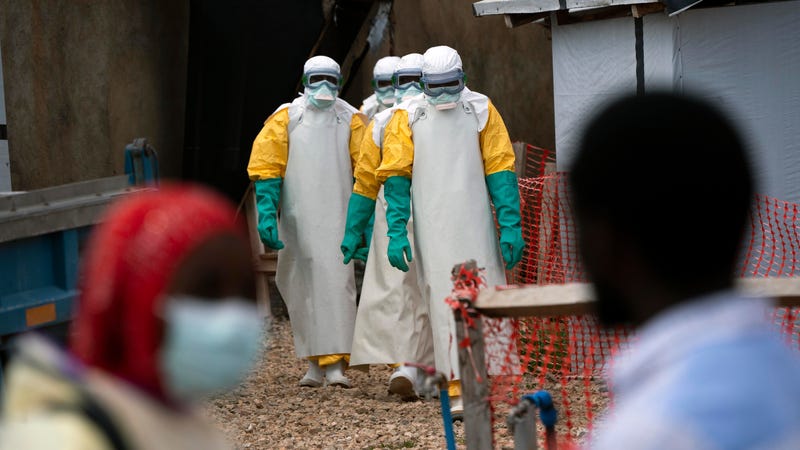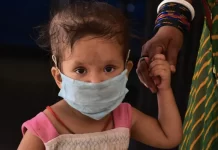A new report claims that there is a “very real threat” for a global-scale pandemic to kill 50 million to 80 million people across the world…
And that governments and NGOs are totally unprepared for that next big human extinction.

Scientists have no doubt anymore. We are in the middle of a sixth mass extinction that’s threatens humanity existence: insects and birds are dying ‘en masse’, natural disasters are increasing in strength, and superbugs are silently colonizing the world.
In top of that, a group of scientists reports that the world is at acute risk for devastating regional or global disease epidemics or pandemics and is not ready to cope with such an event.
Yes, the world is increasingly facing an array of dire health risks and preparedness efforts at the state-level are lacking (i.e., the Ebola crisis in Congo).
Is the World at Risk of a Major Pandemic?
Just read the introduction of the report entitled ‘A World At Risk‘:
“A global health emergency looms large. There is a very real threat of a rapidly moving, highly lethal pandemic of a respiratory pathogen killing 50 to 80 million people and wiping out nearly 5% of the world’s economy.
A global pandemic on that scale would be catastrophic, creating widespread havoc, instability and insecurity.
The world is not prepared and the level of preparedness at the global scale is fundamentally lacking across all aspects of national preparedness planning and response.“
Ebola, SARS, cholera, measles, and influenza were among the many dangerous airborne diseases cited by the group.
Governments Are Not Prepared For the Next Pandemic
Governments and their partners aren’t able to develop coherent, long-term approaches to the problem.
The scitists wirte in their report: “For too long, we have allowed a cycle of panic and neglect when it comes to pandemics. We ramp up efforts when there is a serious threat, then quickly forget about them when the threat subsides. It is well past time to act.”
Who Suffers the Most Of Pandemics?
All economies are vulnerable, but the poor suffer the most.
Lower-resource communities tend to lack basic health services, clean water, and sanitation. And those are factors that exacerbate the spread of infectious diseases.
Other drivers of disease include the surge in international conflicts, the rise of weak states, increasing migration, the climate crisis, and urbanization.
“Any country without basic primary health care, public health services, health infrastructure and effective infection control mechanisms faces the greatest losses, including death, displacement and economic devastation,” the authors wrote in the report.
When Will the Next Pandemic Occur?
It is maybe alreary silently sweeping across the world as governments are always reluctent to announce their country is subject to an health emergency.
According the the report, prediction models suggest a global pandemic would drop South Asia’s gross domestic product (GDP) by 2 percent, equal to $53 billion, and drop Sub-Saharan Africa’s GDP by 1.7 percent, or $28 billion.
As of July 2019, 59 countries have developed a national action plan for health security.












